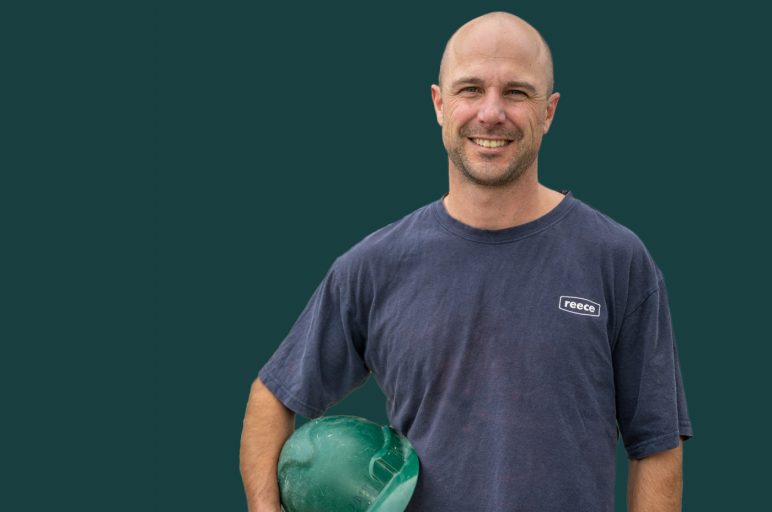There’s a lot of discussion at the moment around the R-word – recession. Some people believe Australia is going to enter a recession during 2023.
As interest rates are getting ratcheted up very quickly at the moment, it’s starting to cause some pressure on households and household spending.
We’re starting to see a few more companies let go of people as that interest rate pressure hits businesses as well.
Here are my five tips on how you can prepare yourself and your family financially, for a recession, if it arrives.
My first tip: create an emergency fund
My first tip would be to make sure that you have built up an emergency or cash fund. This is for you and your family to use when times are tough.
In a recession jobs are probably not going to be as secure as they have been previously. In Australia, interest rates being very low has led to high levels of employment. At the same time, unemployment was very low as well.
What is likely to happen over the next year if we get towards a recession is that unemployment will start to increase and businesses will start to let go of people.
Having an emergency fund to be able to cover for a period that you’re out of work is going to be even more important.
Even if you keep your job having an emergency fund is important. As interest rates increase having a bit of an extra buffer will help you cover those increased interest rates. Whether it is your increased mortgage or increased living costs, this is something you’re going to want to have.
Also, make sure that you’ve paid off any high interest debt if you can. If you have debt out there outstanding, for credit cards or personal loans or anything else, and you’re paying high interest rates see if you can reduce the amount that you have owing on those as soon as possible.
My second tip: secure your employment
Tip number two would be think about where you’re working and whether that’s really going to be secure work that’s going to be able to see out a bad dip in the cycle.
What we’ve seen in previous recessions in Australia is that a lot of companies do go bust or need to let go of people, largely because the companies can’t pay off their own interest burden.
There’s been some research recently that has shown that if interest rates increase further in Australia, something like 34 per cent of companies maybe zombie companies. And by zombie companies it means a company that can’t even afford to pay off its own interest on its debt.
Now is a good time to consider where you’re working. Are they a business that are that’s going to be able to see out a more difficult economic scenario? Or do they have a lot of debt where it might affect your ability to stay employed? Or do they need to raise a lot more capital which is also difficult at the moment, which may reduce your ability to stay employed?
But stable work I think is going to be something that’s more important going forward. There may be a more difficult time in the economy finding work that’s going to be engaging and interesting. Work that you can continue to learn in even if there isn’t a lot of activity is also important.
It could be a good opportunity over the next few years to keep on honing in on your skills. Build those skills and credentials that you can use later in your career. Do it when things may be quieter in the business and you have extra time.
My third tip: minimise debt
My third tip is don’t overextend yourself. I don’t think now is a great time for people to be taking on a lot more debt. If you can, avoid making big purchases that are unnecessary.
It doesn’t mean people can’t go on a holiday or enjoy themselves. However, the cost of financing is only going to increase as rates rise.
For a lot of people, overextending yourself is not a good idea. This is especially true in this current environment. Interest rates are increasing and the possibility of a recession is around the corner.
My fourth tip: diversify your investments
My fourth tip would be to make sure you’re diversified with your investments and your assets. In a recession it’s quite possible that some asset prices fall a lot. And some will go worse than others.
Making sure your investments are spread across as many assets as possible is vital. This will help you withstand a recession and help to insulate your personal net worth.
My view is assets like gold are good insulation mechanisms for recessions. Gold is an asset that has typically done well when a recession has hit.
Diversification across different stocks, sectors and countries will help to reduce the impact of market falls.
My fifth tip: get ready to invest if a recession hits
My final suggestion would be, where possible, give yourself the opportunity to invest if there’s a recession. While a lot of other people are under a lot of financial pressure, stress and duress there’s going to be a lot of great opportunities to invest whether it’s in the share market or in property or other places.
Those people that have an opportunity to take advantage of those lower prices are going to set themselves up really well for the next positive cycle.
Where you can, ring fence some money that’s available to take advantage of bargains. What we’ve seen in the past is recessions or downturns have led to some amazing bargains that can then set yourself up for the next part of your life.
And they’d my five tips for preparing for a recession here in Australia potentially in the next year.







